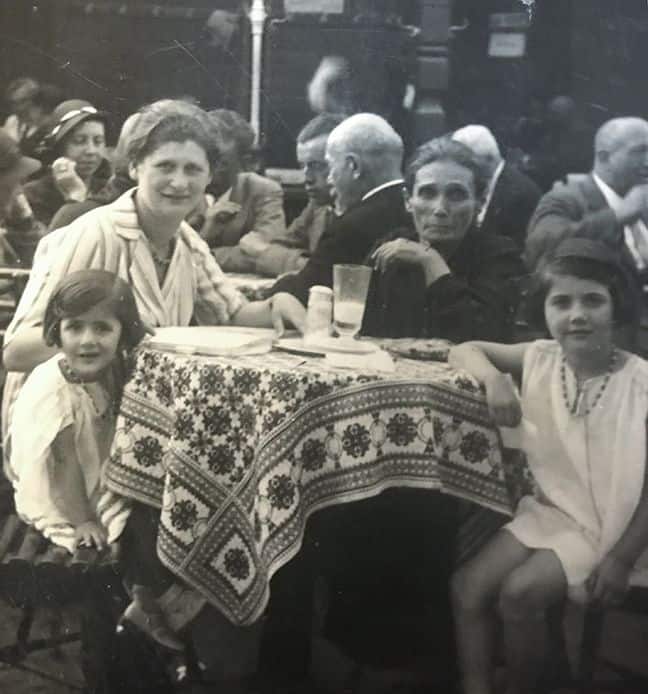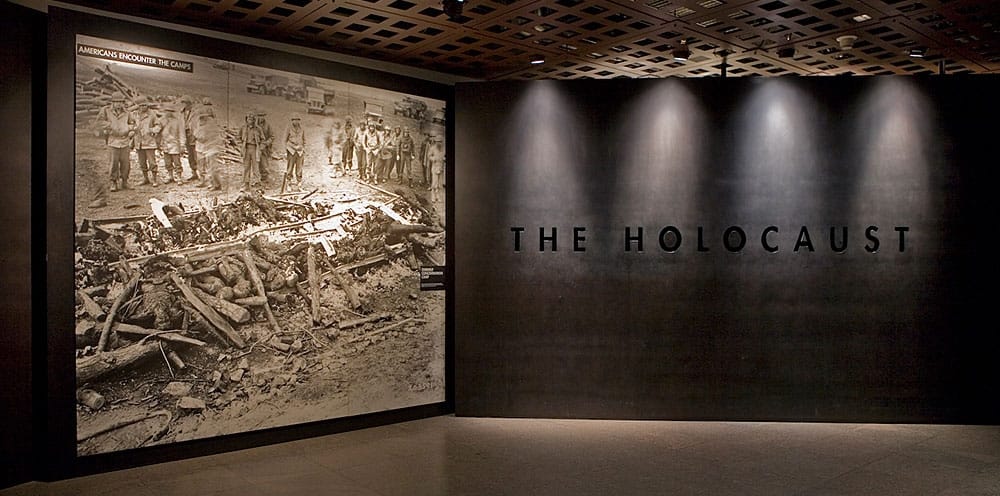This January marks the beginning of this newspaper’s tenth anniversary. It’s something I started myself back in 2010. I’ve written lots of news stories, headlines, filler – even crossword puzzles, but I never attempted any sort of creative or introspective writing. It’s probably because I’m not that good at it, and I didn’t want to waste valuable room in the paper with my drivel.
However, since the paper has grown and there are now a lot of articles written by writers better than me, I’m giving myself the freedom to do this, with the excuse that there’s plenty of other, more interesting stuff to make this paper worthwhile to the reader.
This particular tale began at a recent Christmas party. My friend Ed, who is also in the newspaper business, asked me whether I had ever been to something called the Newseum. “No, I’ve never heard of it,” I said. “Well, you’d really like it, and it’s closing at the end of the year, so I highly suggest a trip to Washington,” he told me.
I had only two important things on the calendar from then till the end of the year. One was another Christmas party that my daughter was giving, and the other was to put this paper together. That gave me plenty of time to plan a trip to DC.
I drove from Brooklyn directly to the Westin Hotel on Avenue M in D.C. You have no idea how cheap fancy hotels have become when you book them on your cell phone. Even at the last minute. I got a good night sleep in a fancy king-sized bed and then started four days of all on foot sightseeing.
I picked up a street map in the hotel lobby. I scanned the museums, finding the Newseum pretty quickly. I remembered enjoying the Sackler Museum (that was way before the current family scandal) and figured I’d go there to see the Peacock room. Then I saw that the Holocaust Museum was on the next block.
I’ve never been to any sort of Holocaust museum, even though both my parents spent time in German concentration camps. My dad didn’t make a big deal of it; in fact I don’t remember him ever speaking of those days, or almost anything about his life before he came to the US in 1948.
My mother would tell us about her old days, both before the war and during it. I dealt with the whole thing in what I think must be a strange way. At least I think it’s strange – I’ve never spoken to anybody else whose parents were survivors. I probably could have: Queens, where I grew up, had plenty of World War II refugees, but it wasn’t something anybody I knew talked about, and frankly, I wasn’t too interested in anything that happened before I was born, at least not in those days.

Growing up in the 1960s, nobody seemed too interested in talking about their parents at all. We were the generation-gap kids, mostly interested in our own stuff – parents being responsible for all the bad stuff in the world (so we thought).
While I will now say that I was very lucky to have had the loving parents that I had, in those days I would have much preferred regular old American parents, full of the culture of the country I was born into. And there was something else. One thing I’ve always strived for was to be cool. I didn’t think that being Jewish was cool. My dad had changed his name when he was still in Czechoslovakia, one of the ways he avoided the Nazis for a couple years. Because of that last name, many people took me for Italian, and I didn’t say otherwise. Being black really set you off from white America, but in those days, Jewish was a close second.
While lots of people found my mother very interesting and special because of her background, I would have preferred having a regular mom who would be special because of making cookies and taking us too Chicken Delight. Instead, my parents – both refugees from eastern Europe – fed us stuff like goulash, fruit soup, and yogurt.
Don’t think that my parents weren’t great – they were. It’s just that I didn’t quite understand them too well. It wasn’t until my mother died, just last year, that I finally started really feeling all the things she talked about.
So it turned out my first stop on my trip was not the Newseum, but the Holocaust museum. Going on an IKEA-like walk through the cavernous, almost prison-like building turned out to be like visiting someplace that I’ve already been.
Author
-
Founder and editor of the Red Hook Star-Revue. George is also a musician and one-time progressive rock disk jockey, in York, Pennsylvania, also birthplace of Mrs. Don Imus.
View all posts
Founder and editor of the Red Hook Star-Revue. George is also a musician and one-time progressive rock disk jockey, in York, Pennsylvania, also birthplace of Mrs. Don Imus.









